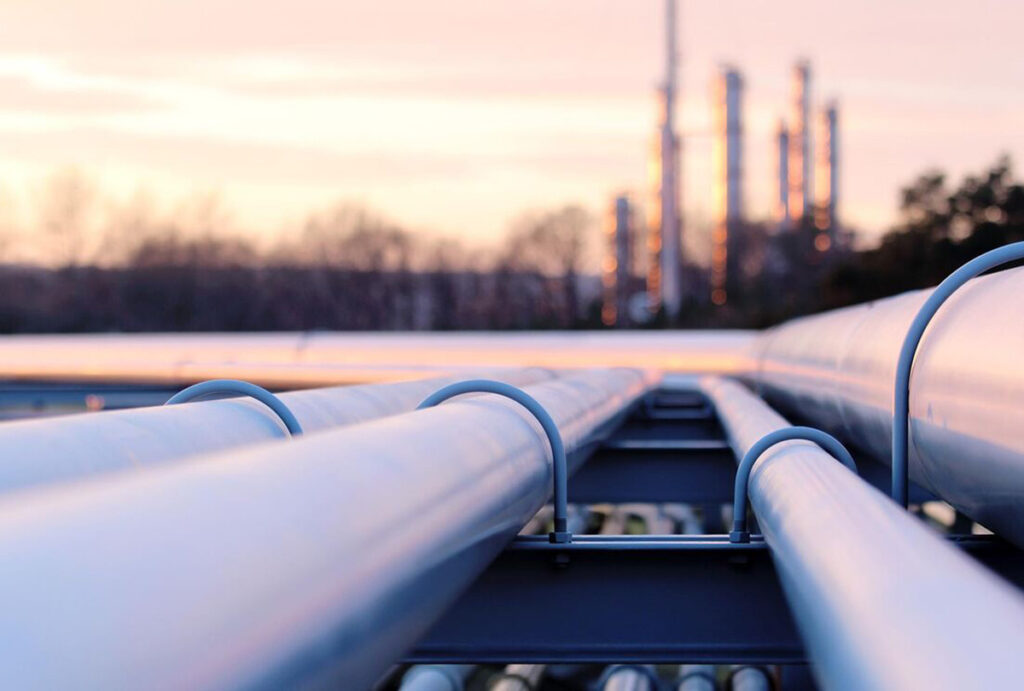Williams Working With Federal, State Regulators to Revive Pennsylvania-New York NatGas Pipes


(Reuters) – U.S. energy company Williams Cos said on Thursday it was working with federal and state regulators to revive two previously canceled natural gas pipelines from Pennsylvania to New York.
The pipelines are the Northeast Supply Enhancement (NESE) from Pennsylvania to New Jersey and New York and the Constitution Pipeline from Pennsylvania to New York.
Williams canceled Constitution in 2020 after years of fighting for permits from New York regulators and canceled NESE in 2024 after fighting for permits from regulators in both New York and New Jersey.
The company sought to revive the projects after gaining support from the Trump administration.
The administration lifted a month-old stop-work order on May 19 on Norwegian energy company Equinor’s $5 billion Empire Wind offshore wind project off New York.
U.S. Interior Secretary Doug Burgum, who issued the stop-work order on Empire Wind in April, said he was encouraged that New York Governor Kathy Hochul will now allow new gas pipeline capacity to move forward.
Hochul, who wanted the Trump administration to lift the stop-work order on the offshore wind farm, did not specifically endorse the gas pipes but said in a statement that New York would work with the U.S. administration and private entities on projects that meet the legal requirements under state law.
A spokesperson at Williams told Reuters in an email that the company “has submitted a petition to the Federal Energy Regulatory Commission (FERC) for reinstatement of the certificate of public convenience and necessity for the Northeast Supply Enhancement (NESE) Project.”
The company also said it has begun working through state permitting matters with environmental regulators in New Jersey, Pennsylvania and New York and will be promptly filing applications with those agencies to secure the necessary permits for advancing both the NESE and Constitution Pipeline projects.
Williams said the projects are “essential to address persistent natural gas supply constraints in the Northeast, constraints that have led to higher energy costs for consumers and increased reliance on higher-emission fuels like fuel oil.”
Reporting by Scott DiSavino; Editing by Chris Reese and Mark Porter
Share This:
energynow








